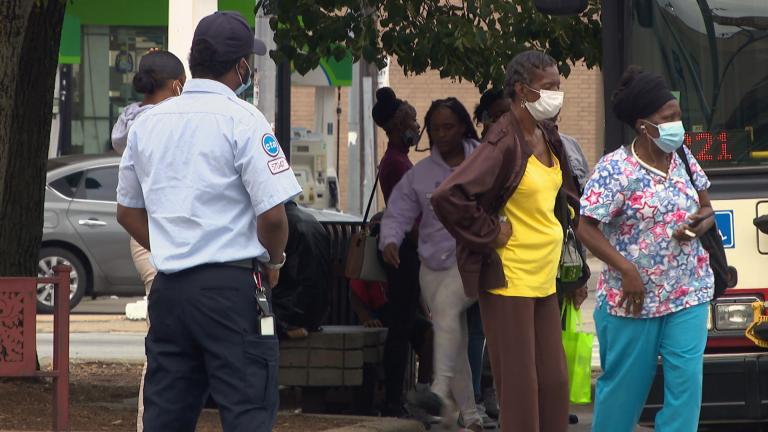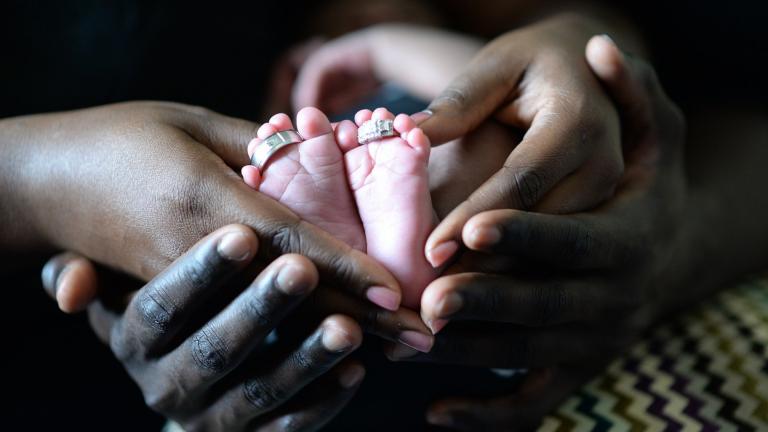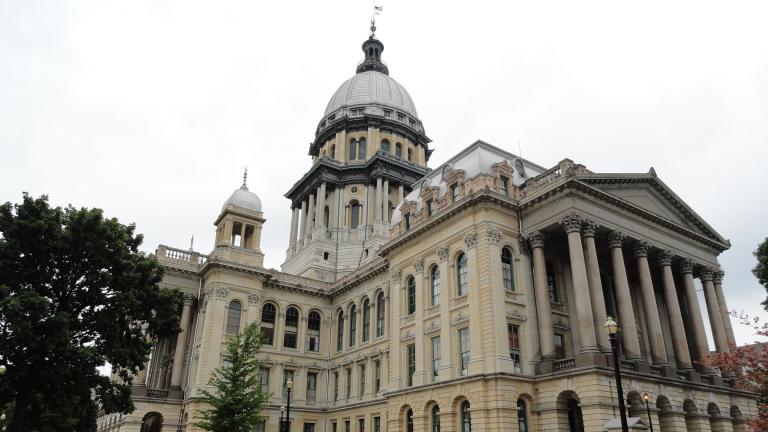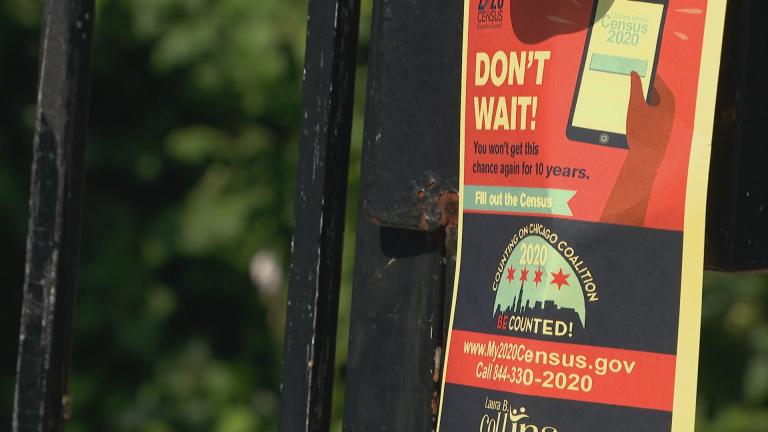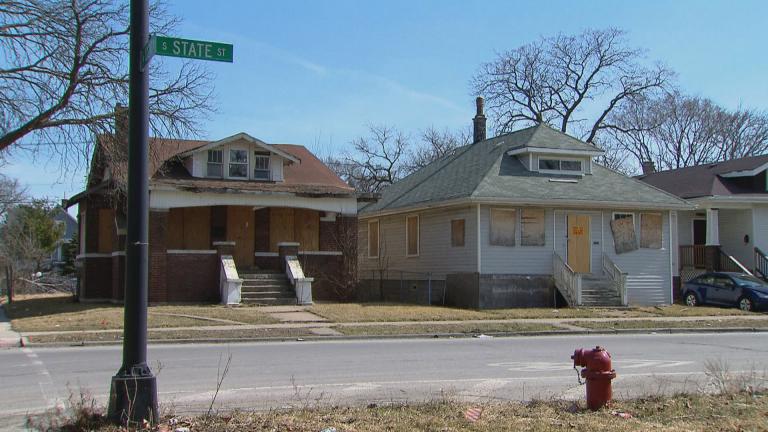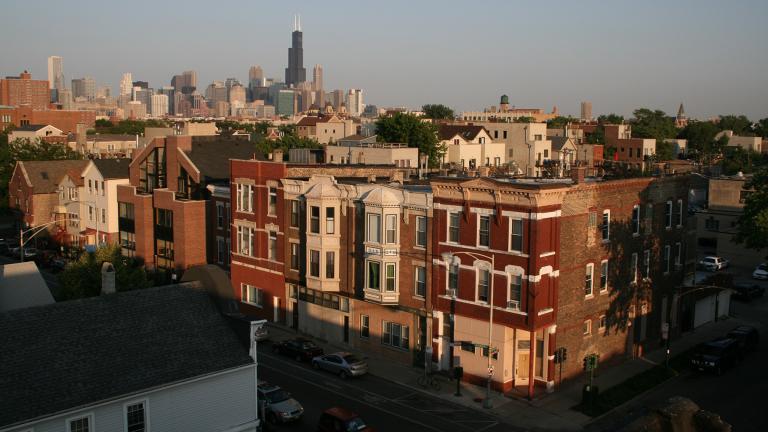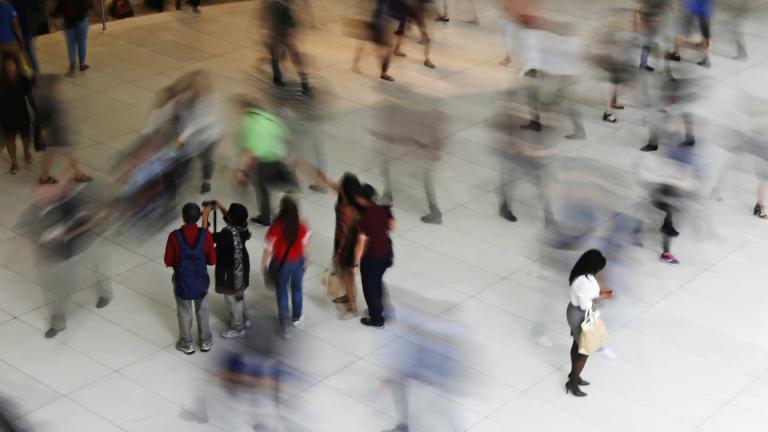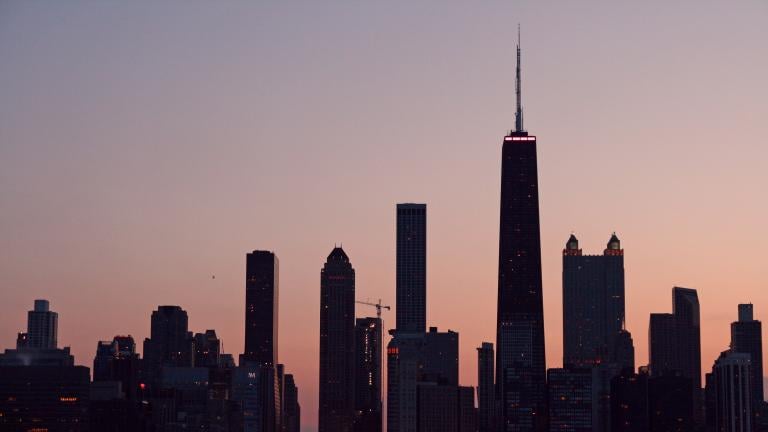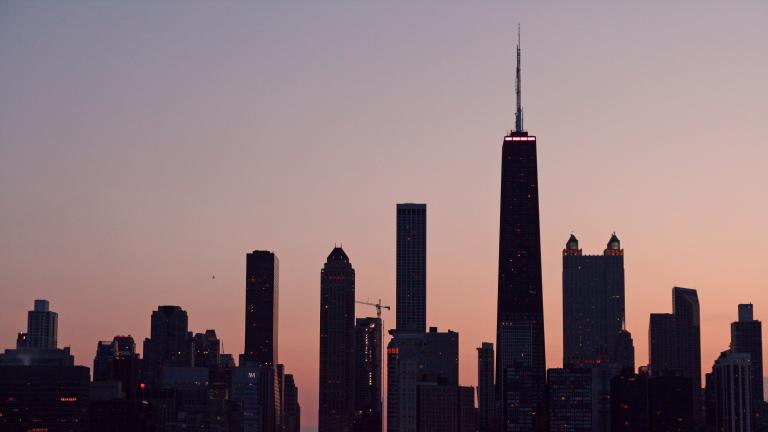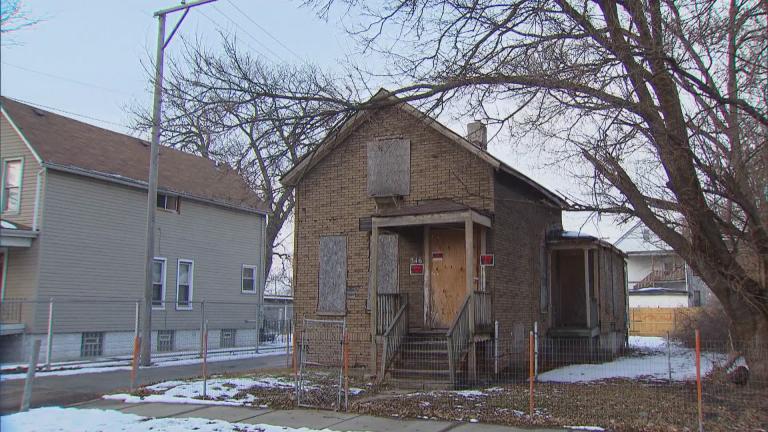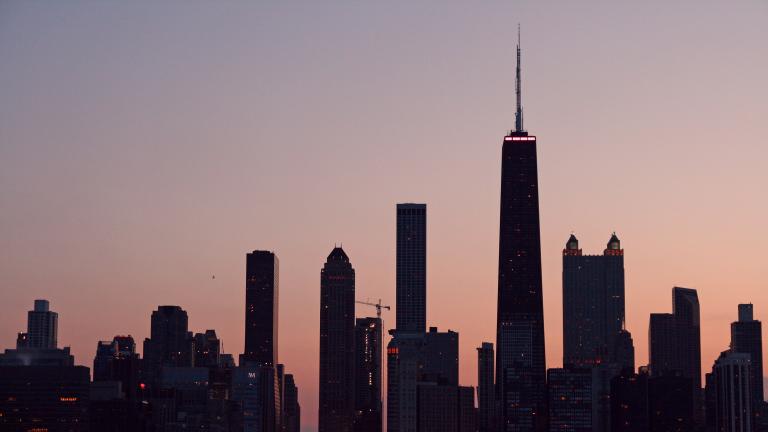From its founding as a trading post by a Haitian man to the Great Migration to today, Chicago owes much to its Black residents. But since the 1980s, the city that helped shape our country’s first Black president has seen a steady stream of its Black residents flee.
population loss
U.S. births dropped to their lowest level in more than 40 years in 2020, according to the Centers for Disease Control and Prevention. How the pandemic is impacting family planning.
Illinois has now lost a seat in the U.S. House after the past three census counts. The results of the 2020 census continue the steady decline of Illinois’s clout in Washington, D.C., since the size of its House delegation peaked at 27 seats in 1943. In 2022, there will be 17.
Nearly 80,000 people left Illinois last year, according to just-released data estimates. In the past decade, nearly a quarter million people have moved.
Hundreds of thousands of black Chicagoans have fled the city since 1980, according to a recent report. What’s driving that exodus, and what can be done to reverse the trend?
A bipartisan task force was established last spring to tackle the issue of the state’s high property taxes. But that task force is now being attacked by Republicans, who say their ideas and contributions have been ignored. Is that the case?
The past year’s population growth rate in the United States was the slowest in a century due to declining births, increasing deaths and the slowdown of international migration, according to figures released Monday by the U.S. Census Bureau.
Data released Thursday show that the Chicago metropolitan area lost an estimated 22,068 residents from 2017 to 2018, but remains home to nearly 9.5 million people.
An analysis by the Chicago Metropolitan Agency for Planning posits economic conditions likely played a role in the yearslong exodus of black residents from the Chicago region.
Of the five most populous cities in the country, only the Windy City saw a population drop in 2017, according to U.S. census data. But the city still has an edge over Houston.
The United States Census is not often a hot-button issue, but it’s recently been thrust into the center of controversy.
Of the top 10 most populous cities in the country, the Chicago metro area was the only one to see a decline. Chicago demographer Rob Paral says a “complex stew” of factors is behind the drop.
A scorching accusation by a candidate for Illinois governor adds fuel to the gentrification debate in Chicago.
Researchers of demographic shifts in the Chicago region have some interesting takeaways following analysis of census data. One calls the findings “staggering.”
The same day the U.S. Census Bureau released data outlining Chicago’s record population loss, moving equipment company U-Haul offered a different, sunnier take on things.
For the second consecutive year, the city of Chicago experienced higher levels of population loss than any other city in the nation, according to 2016 data released Thursday by the U.S. Census Bureau.

